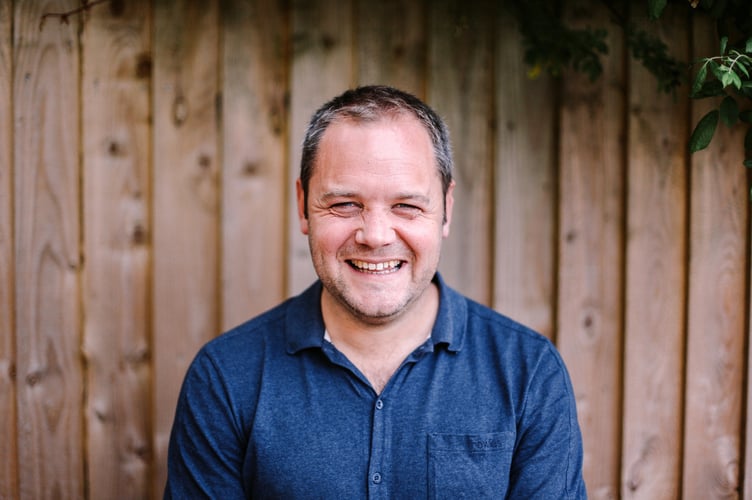DIETRICH Bonhoeffer talks about two kinds of love, one of which he calls “selfish love”.
Rather than loving someone else for their own sake, this kind of love is self-centred; it commodifies, colonises, and objectifies them.
Though we claim to be loving someone else, our claim is just a cover-up for the way we take power or seek influence over them, taking their lives into our hands.
The poet, Robert Bly, lamented this in his poem Morning Glory, “all our disasters come from letting nothing live for itself, from the longing we have to pull everything, even friends, into ourselves, and let nothing alone.”
That’s a powerful image, grasping at someone or something else and pulling them into ourselves so that we can possess them and use them for our own ends yet simultaneously squeezing life from them.
The alternative to selfish love is a self-giving love, a love that doesn’t set upon the other but allows them space to bring themself forth.
It’s a love that desires the other’s good, releasing others from our attempts to control, coerce, and dominate them with our love.
It is a hospitable place in which the loved one can be, and can grow.
It’s a love that draws us out of ourselves, that draws lover and loved one into a kind of mutual humanisation where each grow.
We might not always notice when we’re “loving” others selfishly, but we’ll feel it in our bones when we are being “loved” by others selfishly.
We might feel somehow squashed or hollowed out when we’ve been with someone who says they love us. We feel a kind of tiredness that comes from resisting someone else’s illegitimate control over us.
Bonhoeffer was a pastor and theologian in Nazi Germany, executed for his part in an assassination attempt against Hitler.
He noticed the threat of Nazi ideology early and set up a residential training college for pastors where they could learn not just theology but how to love others well in the face of Nazism.
It is in this setting that he gained his insight into self-focused love.
My church community today is also a place to practice and learn love. Here we love imperfectly, often unaware of the dark selfish drives that sour our attempts at love and spoil our relationships.
But here we also practice humility, allowing others to show us our blindspots in love, praying that the God of love would lift our aspirations to love.
I imagine we all need a community, a bunch of people around us, who can urge us to be more than we are now, who can shine light on the ways in which we grab from others to fulfil our own needs, who can help us love in better ways so that the people around us can become more abundantly alive when they have been with us.
I pray that I might become more self-giving and other-preferring in my love and more aware of when my “love” is stealing fresh air from others.
James Gregory, Senior Pastor, Crediton Congregational Church




